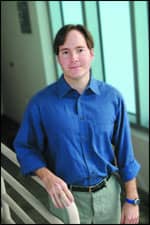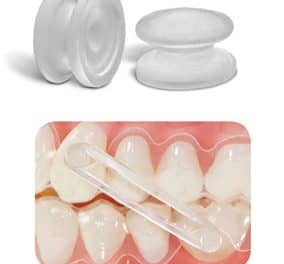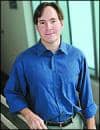by Christopher Piehler

Not so long ago (say, mid-2003), orthodontic time was measured in years. The AAO Web site still warns that treatment can take 1–3 years. But according to a number of sources I’ve read just this week, speed is increasing on several fronts, with some orthodontists claiming that active treatment can take as little as 3 months. Brackets and wires have long been evolving to allow for more efficient application of force. Corticotomy and alveolar augmentation are taking bites out of treatment time, too. And now, researchers are testing relaxin, a hormone formerly used to help women’s pelvic ligaments stretch before childbirth, which they hope will cut orthodontic treatment time in half (see Newsbites on page 10 for the complete story).
My inner orthodontic cheerleader says that speed is good. Quicker treatment times, like the more aesthetic options offered by aligners and lingual treatment, will attract patients who otherwise would not have considered orthodontics. This can only be good for the industry.
But as a right-lane-cruising, turn-signal-using driver, I can’t help but wonder: Should there be a speed limit on braces? Will all these quick treatments be as effective as good, old-fashioned slow cookin’? Or will orthodontics head down the same road as plastic surgery, where one little nip leads to another little tuck, which then needs to be freshened up every year or so? As the great rock band Asia, who were popular back when braces were as shiny and slow as a railroad, once sang, “Only time will tell.”










